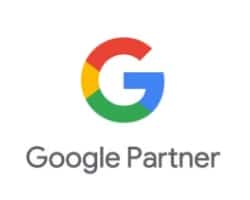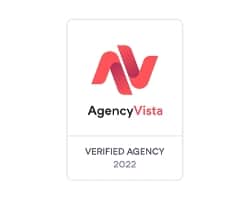With over 1 billion websites online today, the competition to bring new visitors to your website and keep returning customers engaged is difficult. Even if you have an interactive, customer-friendly website, how can you ensure prospective and existing clients find your site via search engines before landing on the home page of a competitor? The answer is search engine optimization (SEO) — the process of working your website to a top position in search—and implementing search engine optimized keywords that are relevant to what people are searching for.
Generate a List of of SEO Keywords Relevant to Your Business
Improving your site’s search engine rankings can be achieved with some simple changes. Think about the keywords that the majority of prospects in your market would enter when searching for your business. Target three types of SEO keywords:
- Long-tail keywords with three or more phrases.
- Informational keywords used to discover information about a particular subject.
- Transactional keywords used by customers looking to make a purchase.
By brainstorming combinations of keywords, you can generate a list of potential keywords, add prefixes and suffixes, and combine them into a larger listed using an online tool such as Mergewords.
Find SEO Keywords that will Send Traffic to Your Website
Investigate the competitiveness of your SEO keywords using Google’s Keyword Planner. This tool takes the guesswork out of traffic data and provides the exact number of times each keyword was searched for in Google.
Integrate SEO Keywords in Your Content
Optimize your page title, which describes the subject of your page and shows up as the first line on a search query, by using your target SEO keywords as close to the beginning of the title as possible. Make sure to also include your keywords in your meta description and your subheadings to help searchers determine the relevance of your content.
Add keywords to your page content—most importantly in the first few sentences of each page—plus incorporate variations of your keywords throughout each page. Use keywords in blog posts, image titles and image file names, and any social media via embedded feeds and posts. Incorporate keywords into your site’s URLs, keeping them short and descriptive.
Links are one of the top three SEO ranking factors, so be sure to include SEO keywords in both internal and external links while varying your anchor (clickable) text. Links can also include social media interactions and posts via Facebook, Instagram, Twitter and LinkedIn.
Upgrade Your SEO Marketing by Working with an Agency
SEO marketing is a fundamental part of any business strategy and adding effective SEO keywords to your website is the first step in increasing your website’s rankings, traffic and sales. But sifting through the information relevant to SEO can be overwhelming. If you don’t have the time or inclination for tackling SEO–but want to grow your business–an integrated marketing firm can design and manage an SEO plan that will bolster your online presence and bring in those coveted leads.
About Millennium Agency
Millennium Agency is a full-service digital advertising company with over 20 years of experience managing campaigns across a variety of industries. From video advertising and web design, to social media and PR, Millennium can guide your marketing efforts every step of the way. Contact the professionals at Millennium Agency to learn more!


























